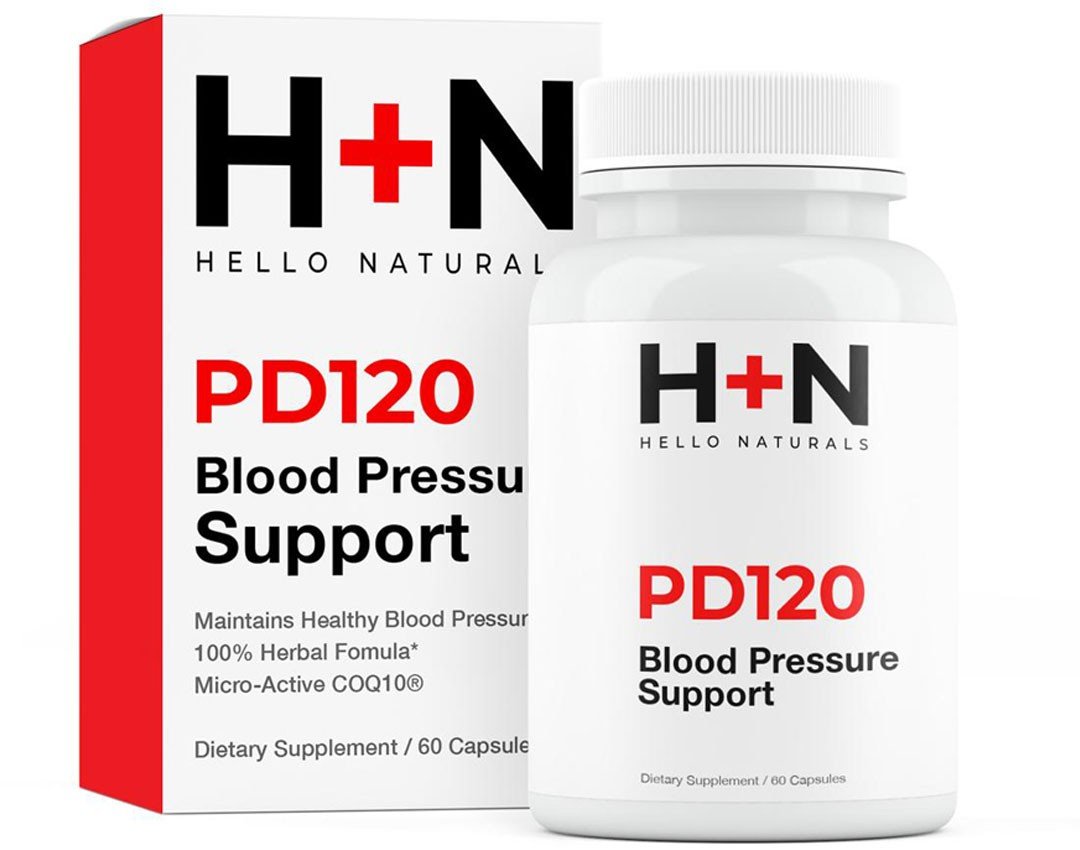We’ve all heard that wine is good for our hearts, so in theory, we should be able to drink as much as we want….because that’s how science works, right? Unfortunately, while there are some studies that have confirmed that one glass of wine or one beer two or three times a week can have positive effects on the body, especially the heart, these benefits are often exaggerated.
To answer the question originally stated in the title of this article, let’s stop beating around the bush. Yes, excessive levels of alcohol consumption are directly linked to high blood pressure. And while having a drink or two will not have any long-term consequences, binge drinking and excessive consumption of alcohol can have a long-term effect on our blood pressure by constricting our blood vessels, putting strain in our organs like our liver and our kidneys and can accelerate heart rate to unhealthy levels.
Alcohol Consumption and it’s Affect on the Body
Alcohol is one of those things that can be quite enjoyable in moderation, but drinking too often can lead to the development of several deadly conditions that might also be triggered by the increased blood levels associated with alcohol consumption and binge drinking. In fact, almost 90,000 people in the United States die every year from diseases and accidents in which alcohol is involved, and the list is long and spooky; crashes caused by drunk driving, cirrhosis, liver cancer and liver disease, alcoholic intoxication and overdose and cardiac arrest are only some of the conditions that can be triggered by excess consumption of alcohol.
This is not to say that alcohol should be avoided completely, after all, there is nothing wrong with enjoying a glass of wine or two at a friend’s gathering or perhaps drinking a few beers while watching your favorite sports team. The problem is that alcohol is a substance that can quickly become addicting so special attention should be paid to alcohol intake, especially if you are already dealing with other health conditions that could be worsened by alcohol, like high blood pressure.
The Link between Alcohol and Blood Pressure Levels
A study conducted by Dr. Hering and his colleagues at the Medical University of Gdansk, Poland in cooperation with the Mayo Clinic found out that binge drinking has a direct effect on blood pressure levels by increasing the level of activity and strain in organs like the liver, the heart and our blood vessels.
Their study performed tests on several patients who had normal blood pressure and patients with hypertension with the purpose of determining whether or not alcohol consumption affected their blood pressure levels and the study showed that people who were already suffering from hypertension showed significantly more severe effects in their blood pressure levels after consuming enough alcohol to bring their blood alcohol level to a .10%. This translates into 3 or more drinks for an adult male.
If you are already suffering from hypertension, it might be a good idea to stop drinking altogether, though you probably won’t put yourself at risk by enjoying a drink or two once a week. Remember that the effects of excessive alcohol consumption are well-researched and by drinking dangerous amounts of alcohol-based drinks you could be putting yourself at risk. Lowering your alcohol intake, stopping smoking, adding a natural supplement like PD120 to your diet and increasing your level of physical activity will help you maintain healthy blood pressure.
Drinking large amounts of alcohol can have severe consequences on our bodies and it is very important to moderate the amount of alcohol we drink on a regular basis. While there is nothing wrong with drinking one or two servings of alcohol every now and then, excess consumption can have deadly consequences on the body or worsen already pre-existing conditions. When it comes to blood pressure levels, the link between hypertension and alcohol consumption is well established and patients suffering from hypertension should keep their alcohol intake to a minimum in order to decrease the chances of suffering from any heart-related conditions or problems with the circulatory system.




Leave a comment
This site is protected by hCaptcha and the hCaptcha Privacy Policy and Terms of Service apply.